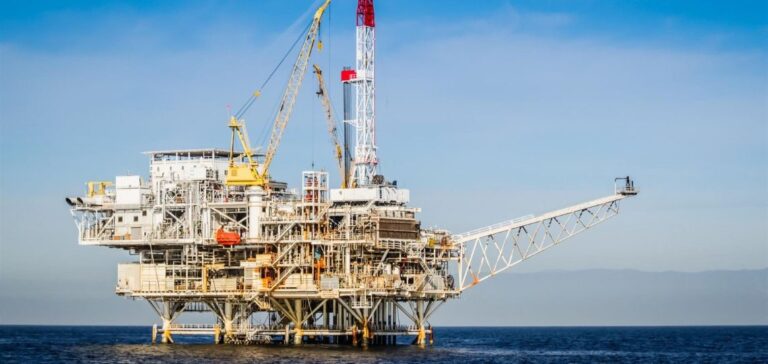McDermott recently announced the completion of engineering, procurement, construction, installation, and commissioning (EPCIC) activities for the Whale project, located in the Gulf of Mexico. This project, awarded in 2021 and completed recently, saw the final installation of the necessary infrastructure to kickstart oil production. McDermott utilised several of its specialised vessels, including the North Ocean 102 and the recently upgraded Amazon, to execute complex pipeline installation operations at depths of up to 2,800 metres.
Subsea infrastructure installation
The project involved installing approximately 50 kilometres of pipelines and 15 kilometres of umbilical cables connecting five subsea drilling centres to the floating production platform Whale. This operation required precise coordination between McDermott’s various offices, alongside rigorous safety and engineering management to ensure the success of the project. These subsea activities were carried out with particular attention to the specifics of an ultra-deep-water environment, which ensured flawless execution of the works.
Advanced technologies for complex subsea operations
The Amazon platform, equipped with cutting-edge technologies, played a crucial role in the success of the project. Designed for ultra-deep-water operations, it facilitated the installation of five catenary steel risers, each 3,350 metres long. This installation, performed for the first time in the Gulf of Mexico, highlighted the Amazon’s high-tension capacity, thereby enhancing the efficiency of the subsea infrastructure. The platform’s automated system supported these complex technical operations, demonstrating its ability to execute large-scale projects.
The Whale development: a strategic project for Shell
Shell’s Whale development, located around 320 kilometres southwest of Houston, is based on a semi-submersible platform that enables remote operations and continuous monitoring of nearly all aspects of the installation. This project showcases high-efficiency production capabilities and represents a significant step forward in sustainable offshore energy production. The Whale platform is also designed for optimal resource management and long-term operational cost reduction.
A successful collaboration between McDermott and Shell
The success of this project highlights the importance of the collaboration between McDermott and Shell. Mahesh Swaminathan, Senior Vice President of Subsea and Floating Facilities at McDermott, emphasised the value of this relationship, characterised by strong mutual trust and a solution-oriented approach. The completion of the Whale project illustrates the ability of both companies to overcome challenges inherent to ultra-deep-water offshore environments, further solidifying their partnership for future projects in the region.






















